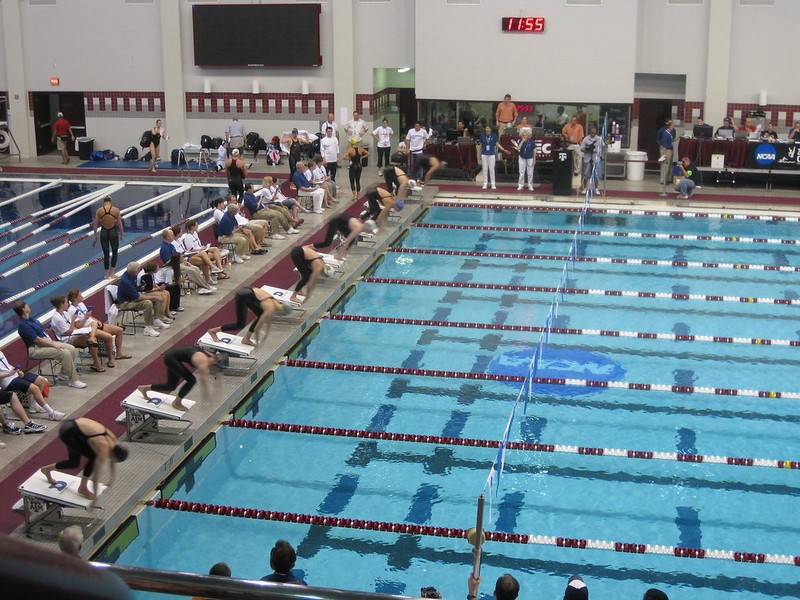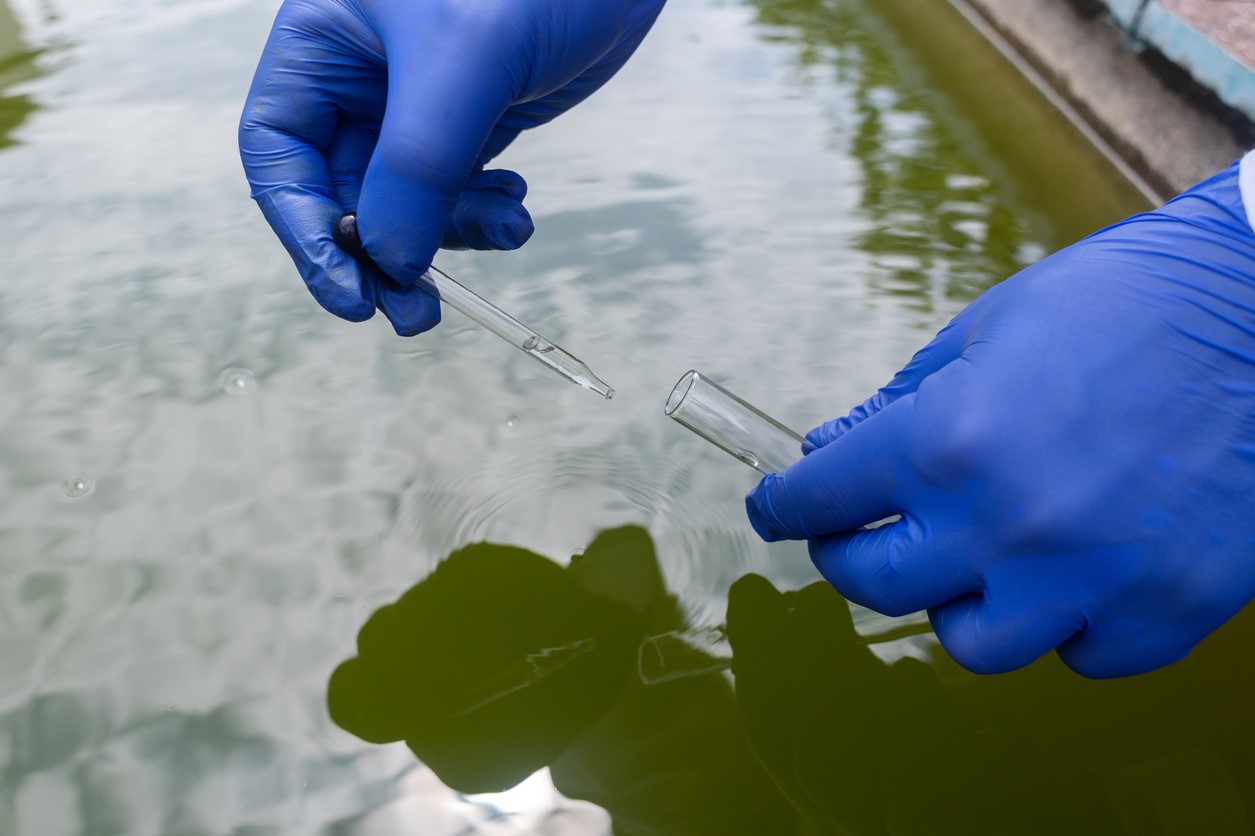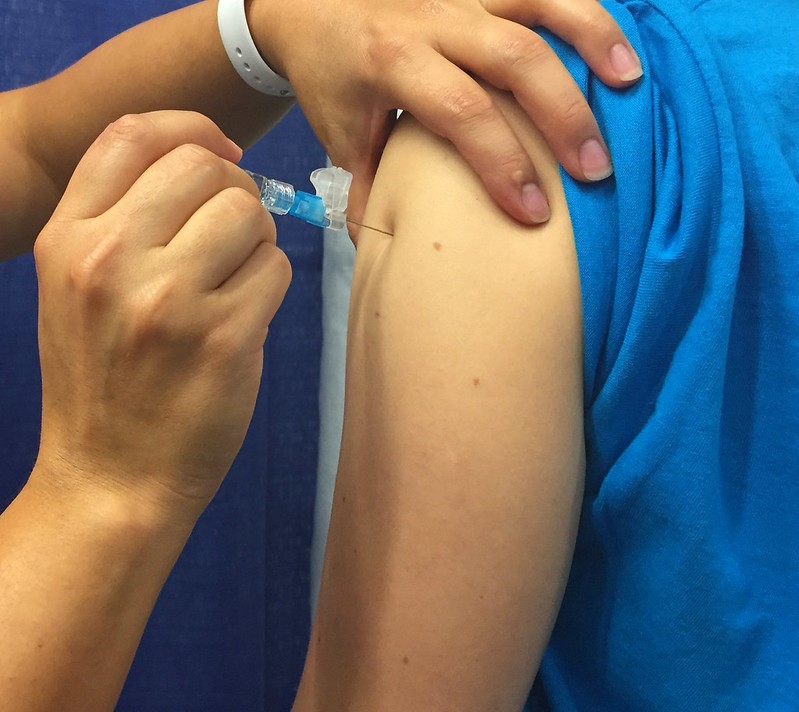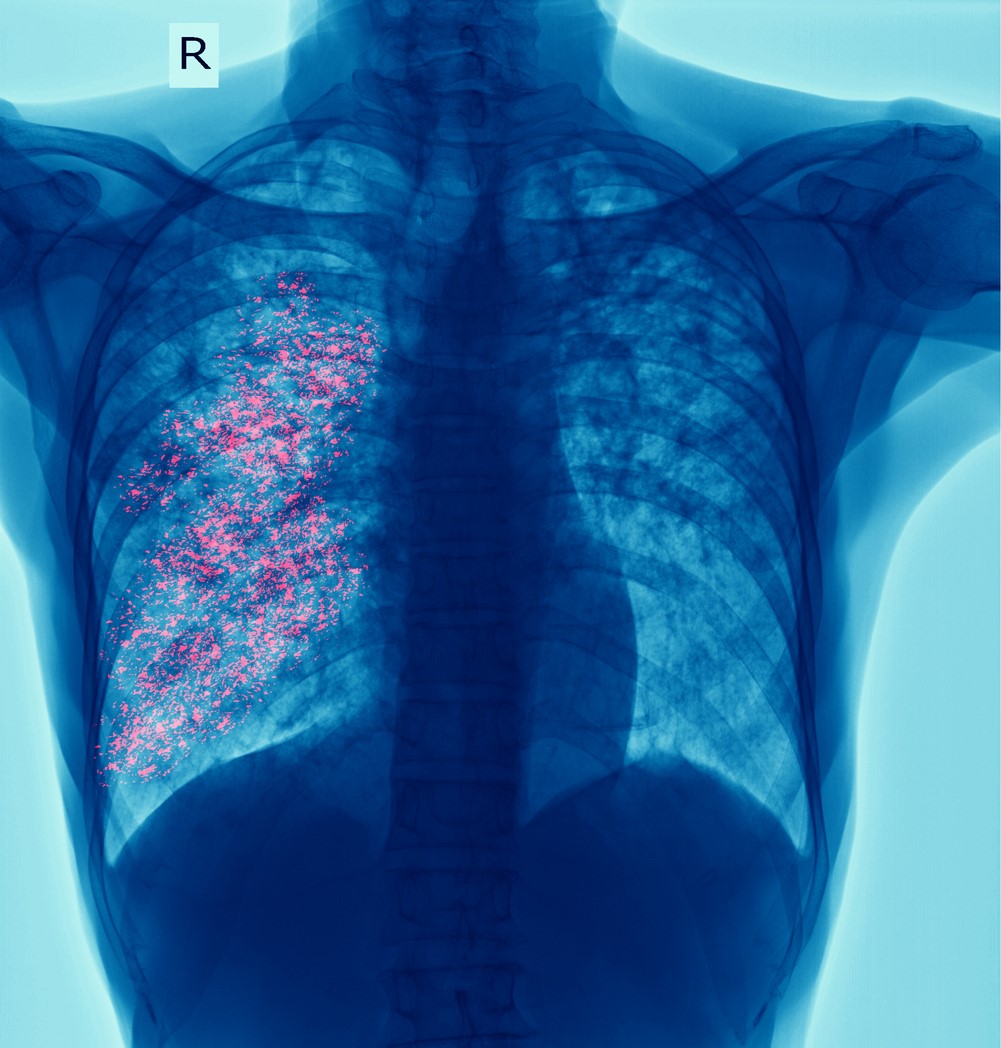
A collegiate swim meet was the setting for an outbreak of cryptosporidiosis after infected swimmers shared a pool while experiencing symptoms such as diarrhea, according to a study today in Morbidity and Mortality Weekly Report. Details from the outbreak highlight the transmissibility of Cryptosporidium parasites even in chlorinated pools.
The investigation started when a Massachusetts college notified the Massachusetts Department of Public Health (MDPH) that 19 of 50 members (38%) of the men's and women's swim teams had experienced diarrhea beginning 3 days after their return from a training trip to Puerto Rico earlier this year.
Competing while still having symptoms
Five and 6 days after returning from Puerto Rico, swimmers still experiencing diarrhea participated in two home meets against teams from New York and Rhode Island colleges.
Stool samples from 19 infected Massachusetts swimmers were submitted to the MDPH, which showed 13 had positive test results for Cryptosporidium. The 13 patients ranged in age from 18 to 22 years, and 8 were men. The collegiate pool was closed immediately for deep cleaning and chlorination.
No New York collegiate swimmers were infected, but two Rhode Island swimmers received positive stool Cryptosporidium test results 1 week after the swim meet.
The potential exists for sustained Cryptosporidium transmission among competitive swimmers.
"Although there was no evidence of subsequent transmission from the Rhode Island swimmers, because of the regular inter-collegiate competition and subsequent championship schedule, the potential exists for sustained Cryptosporidium transmission among competitive swimmers," the authors concluded.
Cryptosporidiosis is contracted by ingesting contaminated food and water, even chlorinated water from swimming pools. Symptoms usually self-resolve within 2 weeks, but people with weakened immune symptoms may need medical treatment.
 At the peak of the SARS-CoV-2 Omicron variant wave in Ontario, Canada, wastewater sampling conducted before the surge suggested that COVID-19 cases were 19 times higher than reported because of changes in clinical testing, according to a
At the peak of the SARS-CoV-2 Omicron variant wave in Ontario, Canada, wastewater sampling conducted before the surge suggested that COVID-19 cases were 19 times higher than reported because of changes in clinical testing, according to a 
 The Bill & Melinda Gates Foundation and UK-based charitable organization Wellcome announced yesterday that they will provide a combined $550 million in funding for a phase 3 trial of a vaccine to prevent tuberculosis (TB).
The Bill & Melinda Gates Foundation and UK-based charitable organization Wellcome announced yesterday that they will provide a combined $550 million in funding for a phase 3 trial of a vaccine to prevent tuberculosis (TB). A single-center study in Canada found a low incidence of bacterial infections in infants with viral infections, including SARS-CoV-2, researchers reported today in JAMA Network Open.
A single-center study in Canada found a low incidence of bacterial infections in infants with viral infections, including SARS-CoV-2, researchers reported today in JAMA Network Open.










